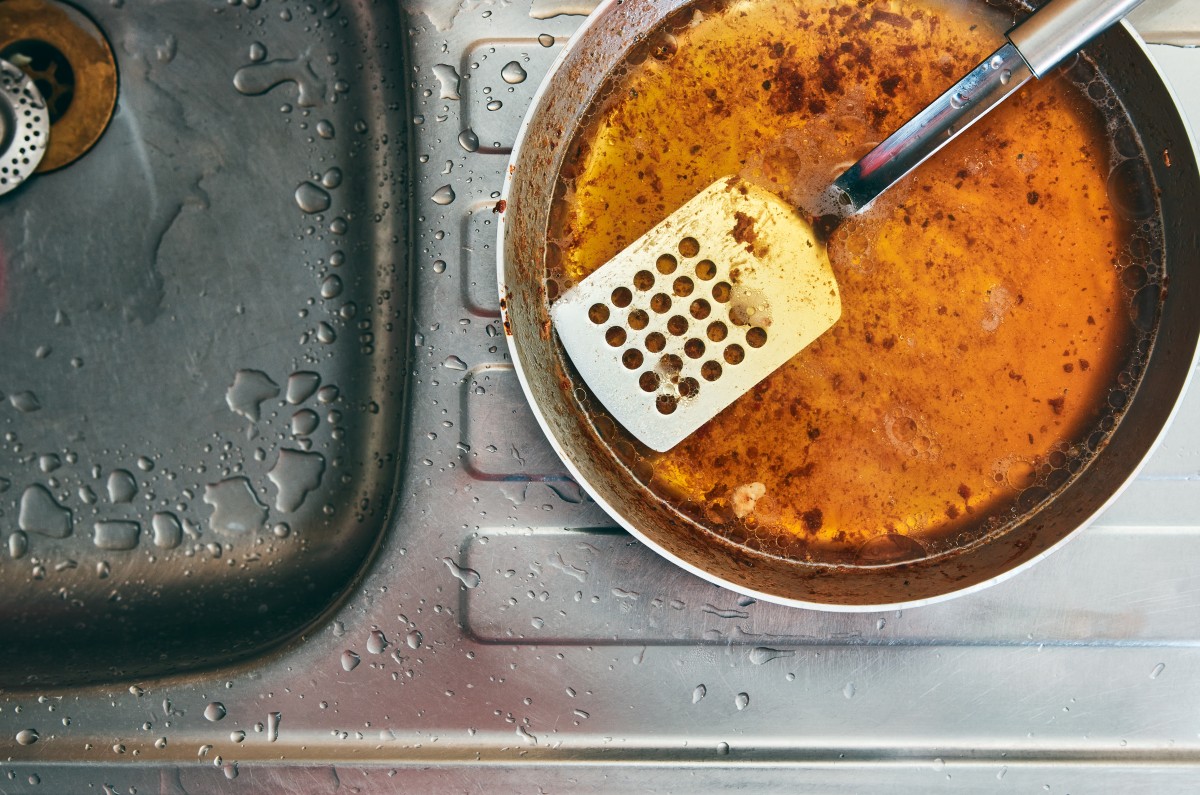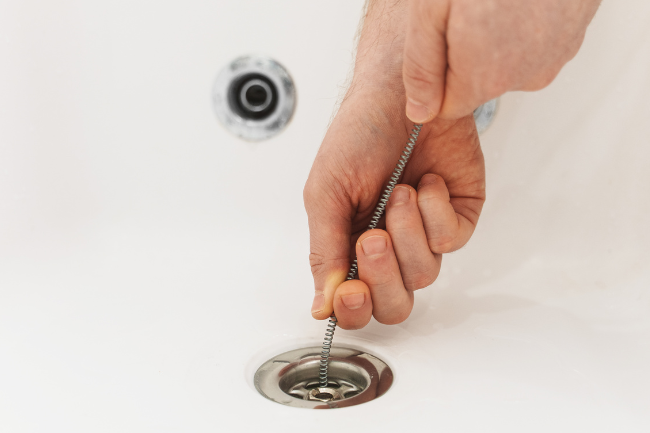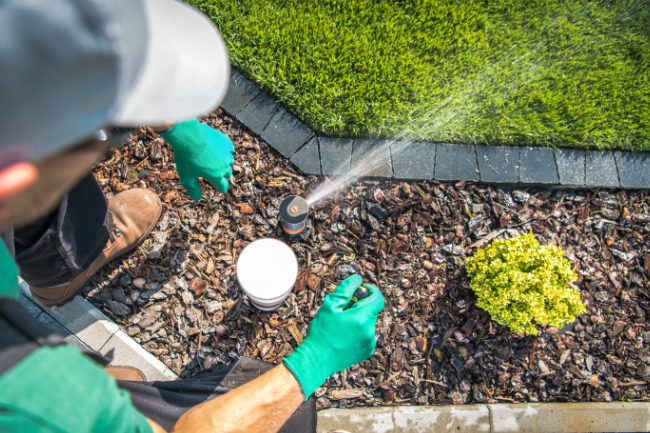Why You Shouldn't Pour Grease Down Your Kitchen Sink Drain
Posted by William Heinselman on

Before you start to pour that bacon grease down the kitchen sink - STOP! Though it seems super convenient to just pour the oily substance down the sink drain, you'll have committed a major plumbing sin.
Why? Grease solidifies once it cools down and can cause a host of plumbing problems. So, if you can't pour it down the kitchen sink drain, what are you supposed to do with leftover grease?
Why is Grease Bad for the Kitchen Sink Drain and Plumbing?
As mentioned above, grease poured down the kitchen sink drain can cause a number of serious - and expensive - plumbing problems.
The grease you pour down the kitchen sink may be fluid as spills out of the pan, but it does not stay that way for long. Within a few minutes, the grease cools down and solidifies in your pipes. This solid mass acts as a trap for other debris flowing down the pipes and can cause a massive blockage. Eventually, you may notice the kitchen sink draining slowly or not at all due to completely clogged pipes.
If grease should not be poured down the kitchen drain, then you may be wondering: Can you pour grease down the toilet too? Again, the answer is no. Grease poured down toilets will still solidify and clog up sewer systems. The result can be expensive sewer repairs for your home or even entire neighborhood sewer systems due to fatbergs. Fatbergs are congealed masses in sewer systems commonly formed by accumulating grease with other debris and can reach high sizes and weigh hundreds of pounds. For instance, a fatberg discovered in London in 2017 weighed almost 300,000 lbs and stretched more than 820 feet. Fatbergs are extremely difficult to remove and the entire process can take weeks.
Oops! I Already Poured Grease Down the Sink Drain, What Now?
If you are already guilty of pouring grease down the drain don’t panic - there are a few preventative measures you can take so you can reduce the chance of damage to your pipes.
First, run your faucet with hot water. While you do so, pour about a gallon of boiling water slowly down the drain. Squirt dish soap into the kitchen sink drain as the hot water runs down it. Any solidified grease should be liquified by the hot water and the dish soap should help the grease and any debris leave your pipes.
Preventative Measures to Avoid Kitchen Sink Clogs
Preventative maintenance is the best form of maintenance. Besides grease, there are plenty of other culprits of drain clogs, such as soap scum and coffee grounds. To prevent frustrating kitchen sink clogs, avoid pouring grease down the sink and dispose of used coffee grounds and other debris in the trash.
To prevent other food and other debris from slipping down the kitchen drain and potentially causing a clog, install a drain gate. A screen or drain gate will also prevent soap scum from slipping down the pipes as well and accumulating. Either option can be picked up at a nearby plumbing store.
How to Dispose of Cooking Oil and Grease?
If you can’t dispose of grease down the toilet or kitchen sink drain, then where can you? The answer is the trash can. Pouring hot grease directly into your garbage is not ideal, so follow these steps to dispose of it properly:
- Let the grease or oil cool down and solidify.
- Once the grease is solid, scrape it off into a container.
- Once the container is full, throw it away in the trash can. It’s wise to first place the full container in a plastic bag to prevent leaking.
After you’ve disposed of the grease, make sure to wipe down your pots, pans, or whatever you used to cook with before rinsing them off in the sink. Though there would not be very much grease left over, but even small amounts of grease can build up in your pipe over time.
How to Unclog a Kitchen Sink Impacted with Grease
If your kitchen sink drain is clogged due to grease, there are several home remedies you can try besides the soap and hot water method mentioned earlier.
- Throw a handful of baking soda and hot water down your kitchen drain. Baking soda is a powerful cleaning agent and absorbs unpleasant odors.
- Pour one cup of vinegar down the drain and let it sit for about 30 minutes. Afterward, follow it with boiling water. This combination helps remove organic matter clogging your pipes.
However, some clogs will need more than just home remedies to be fixed. You may need to call a professional plumber to inspect your pipes and unclog your kitchen sink. Having plumbing issues at your property can be an inconvenience, dangerous for health, and cost you money. The longer you put off making a fix, the more it may cost you. Express Sewer is Sacramento’s favorite professional plumbing company, with years of experience at combating kitchen drains. If you need help, contact us today for a full inspection of your sewer system.
Topics: Home Plumbing, Drain Cleaning and Repair







